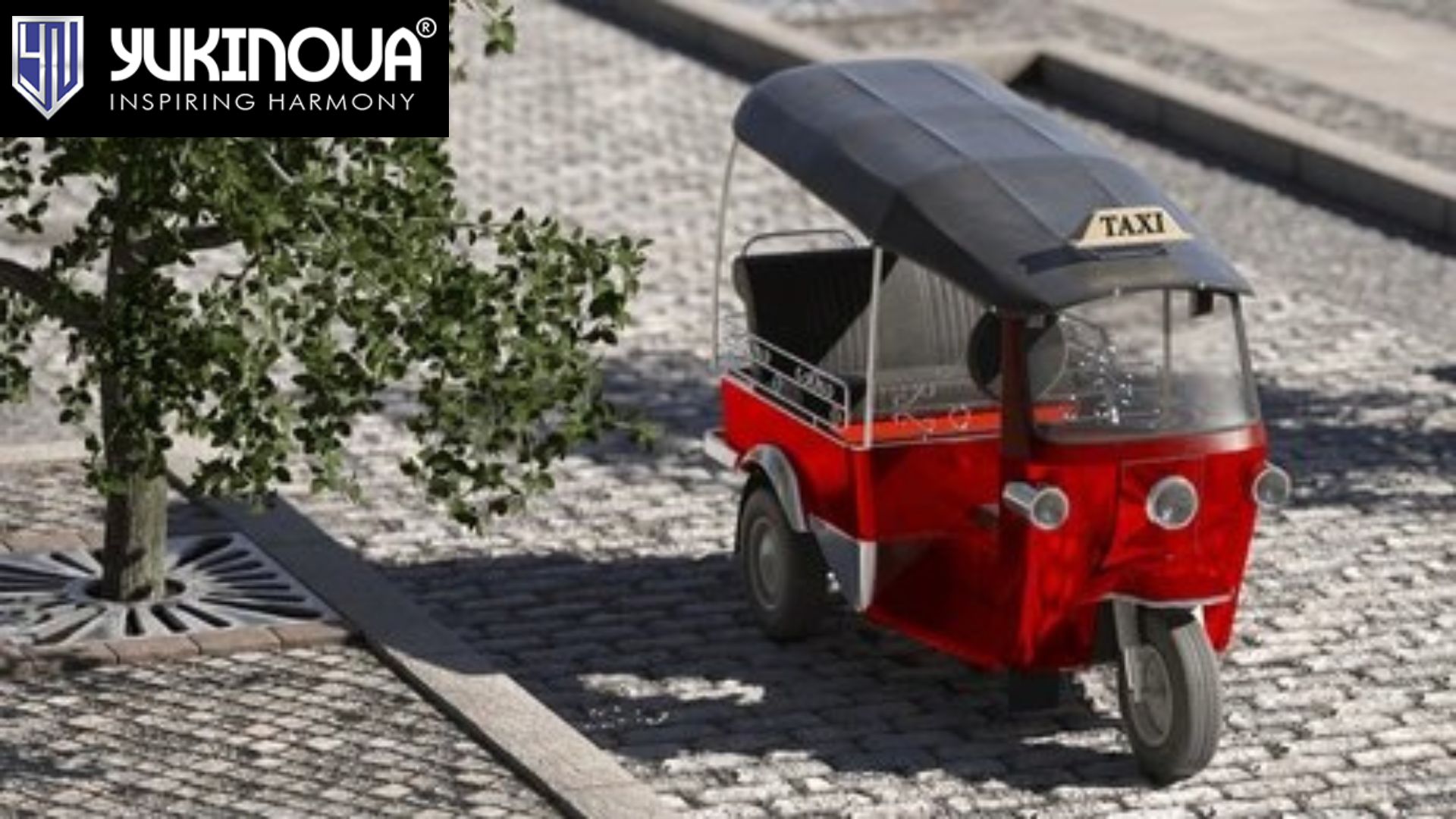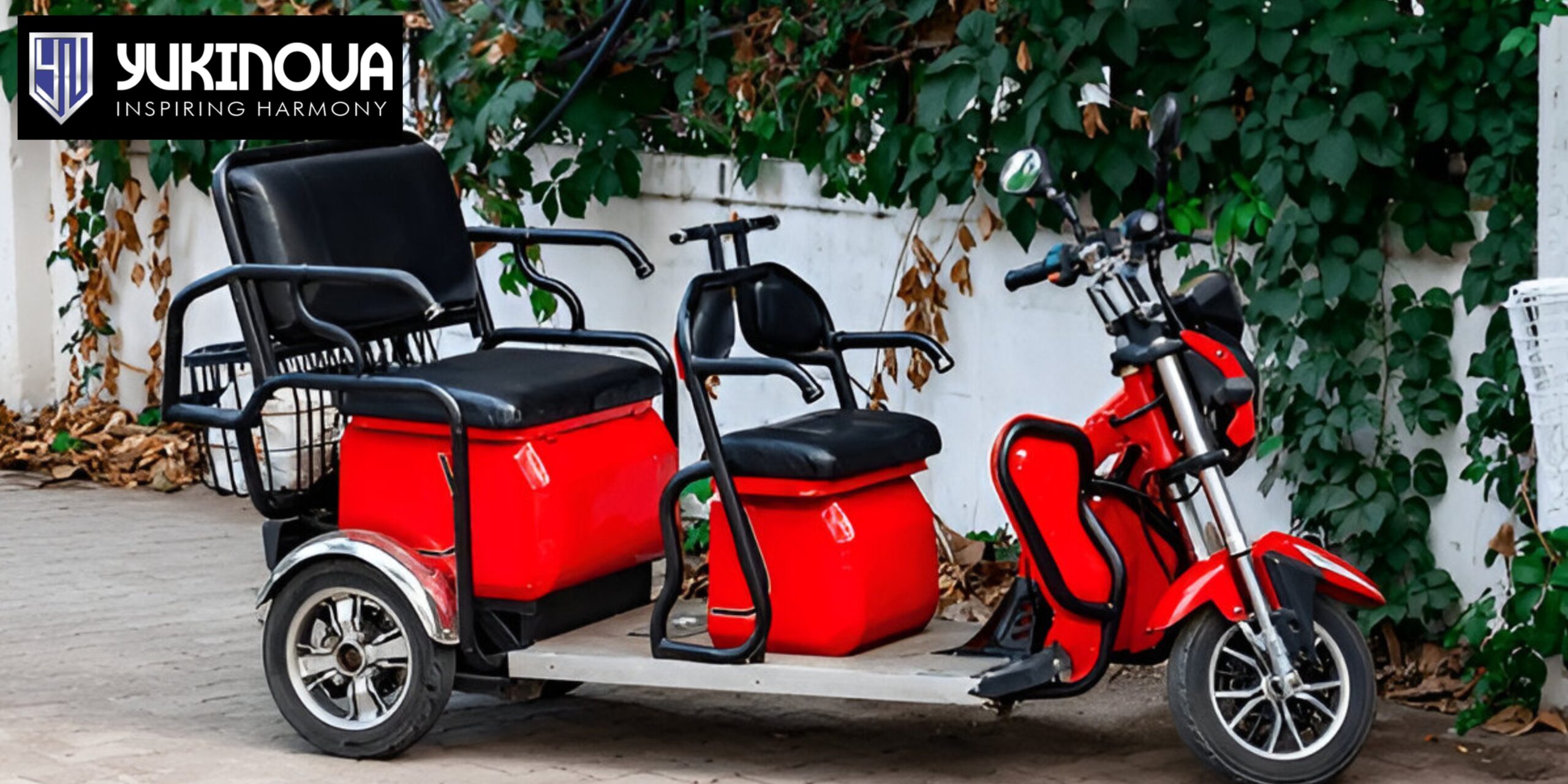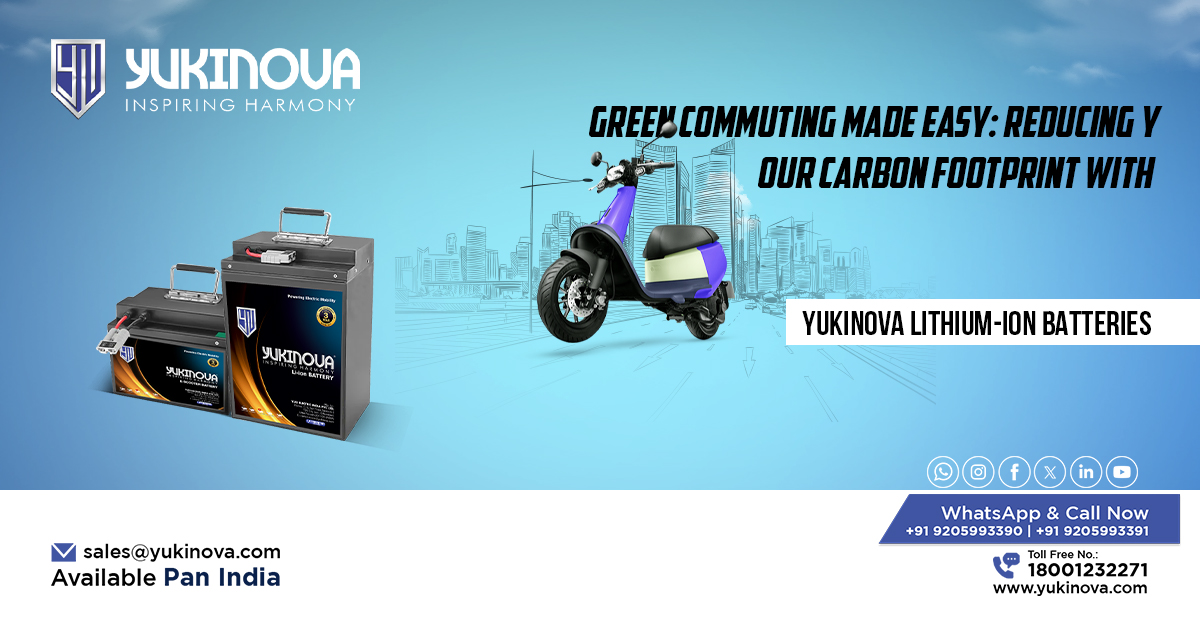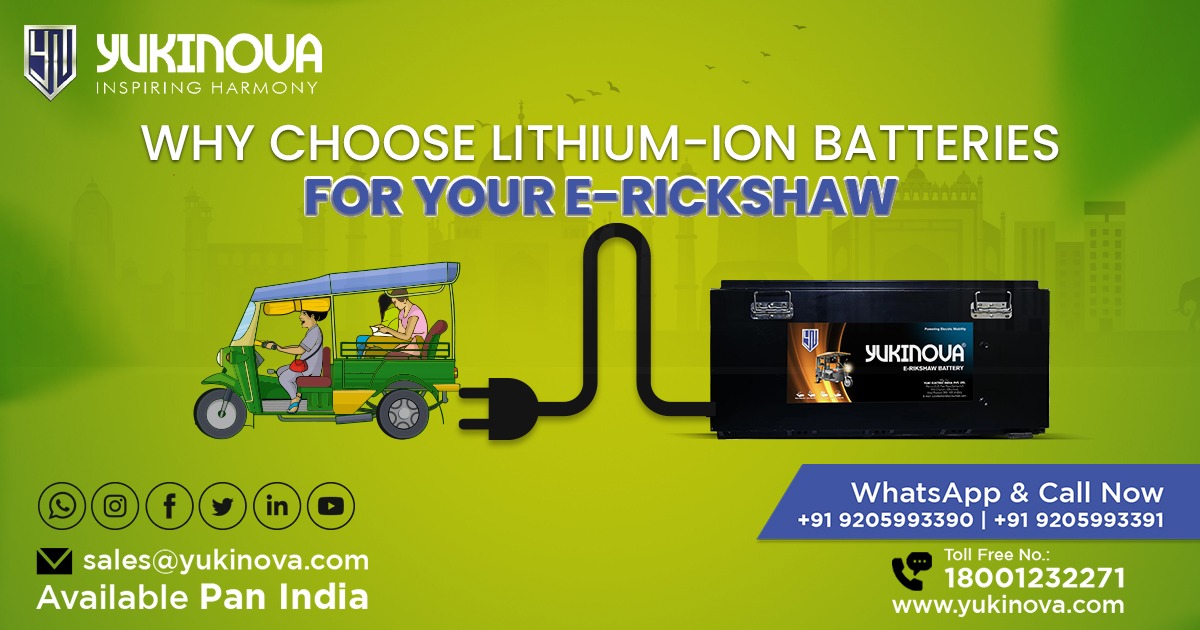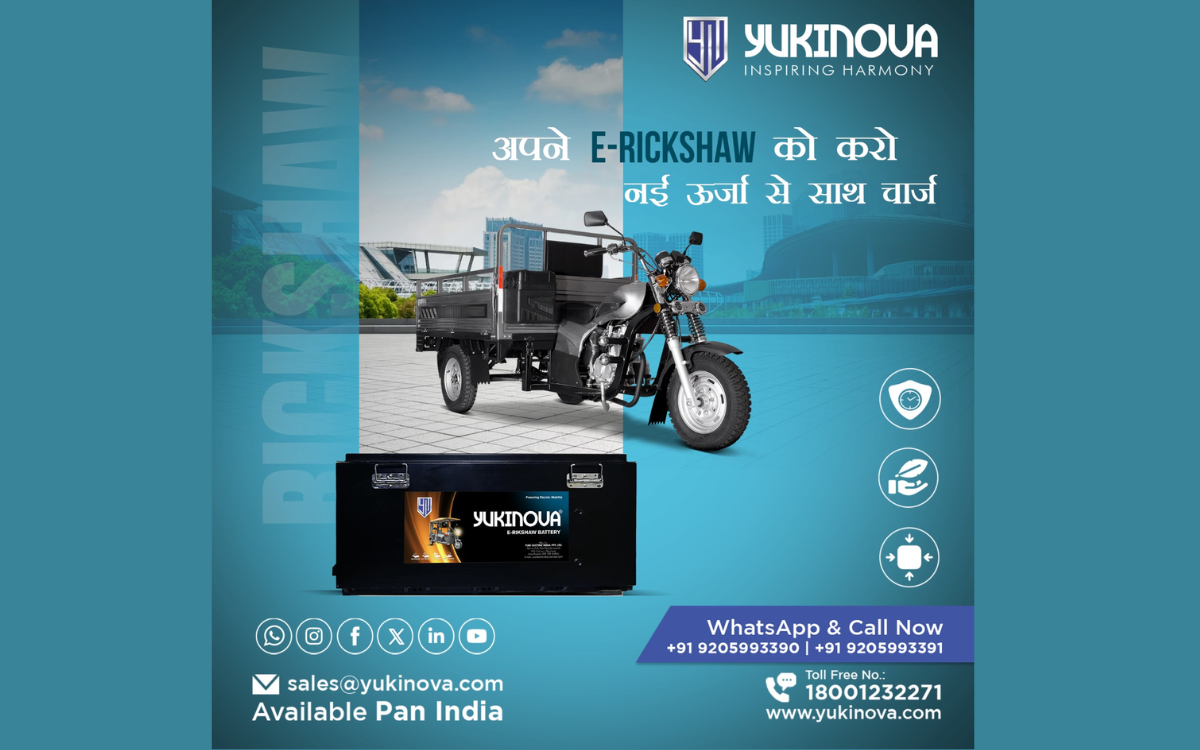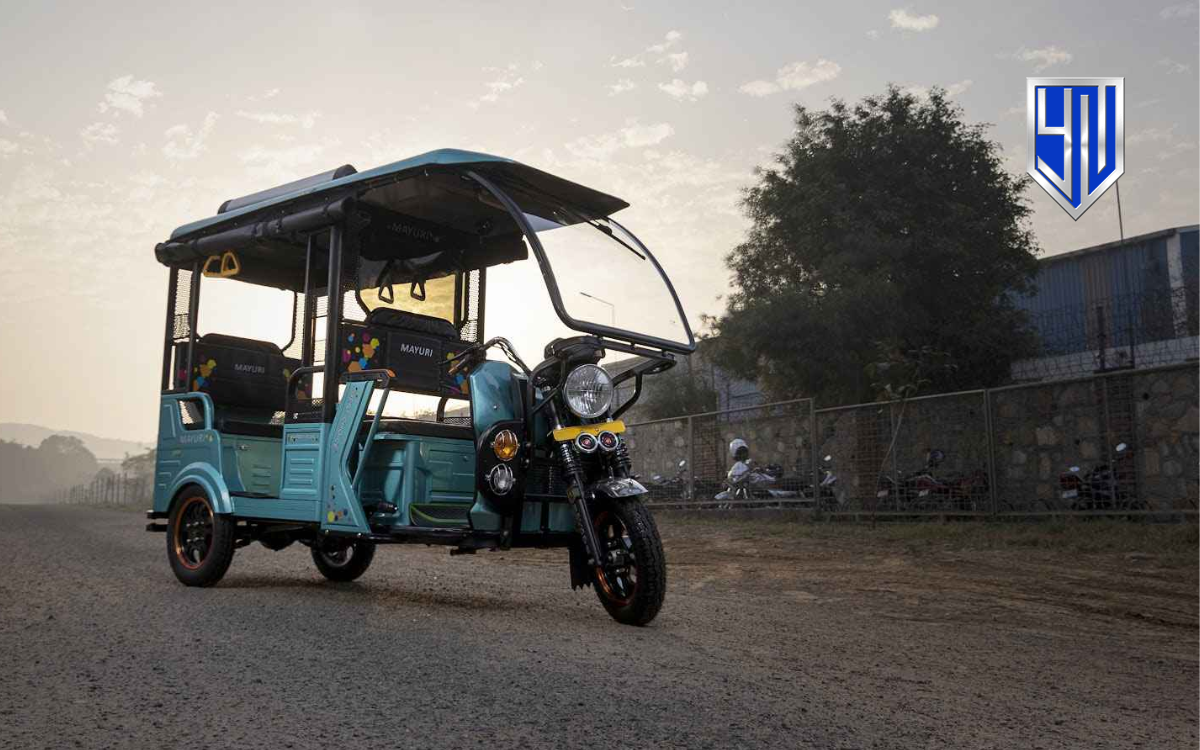As electric mobility gains momentum in India, e-rickshaws have emerged as a popular and eco-friendly mode of transportation. However, their performance and efficiency depend largely on the quality of their batteries. A high-performance battery ensures long mileage, quick charging, and durability, making it a crucial component for e-rickshaw owners and fleet operators.
As a leading E-Rickshaw Battery Manufacturer in India, Yukinova is revolutionizing the industry with advanced battery technology designed for Indian roads. With a focus on power, longevity, and sustainability, Yukinova’s batteries provide superior performance to meet the growing demands of the electric mobility sector.
Challenges Faced by E-Rickshaw Batteries in India
E-rickshaw batteries in India face several challenges due to extreme climate conditions, varying road infrastructure, and continuous usage. Some common issues include:
- Frequent Battery Drain – Inefficient batteries require frequent charging, reducing operational efficiency.
- Slow Charging Time – Long charging hours can limit the number of trips per day.
- Short Battery Lifespan – Poor-quality batteries degrade quickly, leading to frequent replacements.
- Performance Drop in Extreme Weather – High temperatures and heavy monsoons affect battery performance.
To address these challenges, Yukinova, a trusted E-Rickshaw Battery Manufacturer in India, has developed cutting-edge battery solutions that enhance durability, efficiency, and overall performance.
How Yukinova is Transforming E-Rickshaw Battery Technology
1. Long-Lasting and High-Efficiency Batteries
Yukinova batteries are designed for extended lifespan and maximum power retention, allowing e-rickshaw operators to complete more trips on a single charge. Key features include:
- High Energy Density – Provides more power while maintaining a compact size.
- Deep Cycle Technology – Ensures long-lasting battery life, even with frequent charge and discharge cycles.
- Low Self-Discharge Rate – Reduces battery drain when not in use.
2. Fast Charging for Maximum Productivity
Time is crucial for e-rickshaw drivers, and Yukinova’s fast-charging technology ensures:
- Reduced Charging Time – Enables quick turnaround between trips.
- Optimized Power Management – Improves overall vehicle efficiency.
- Longer Run Time per Charge – Enhances daily earnings for operators.
3. Built for India’s Challenging Road Conditions
Yukinova’s e-rickshaw batteries are engineered to withstand the toughest terrains and weather conditions in India. Key durability features include:
- Heat-Resistant Design – Prevents overheating in extreme temperatures.
- Vibration-Proof Structure – Protects battery components from damage due to rough roads.
- Weatherproof Casing – Ensures reliable performance even during monsoons.
4. Cost-Effective and Low-Maintenance Solutions
As a leading E-Rickshaw Battery Manufacturer in India, Yukinova prioritizes cost efficiency. Our batteries offer:
- Longer Replacement Cycles – Reducing overall maintenance costs.
- Low Water Loss Design – Minimizing frequent refilling needs.
- Smart Energy Efficiency – Lower electricity costs for charging.
Why Choose Yukinova E-Rickshaw Batteries?
- Proven Performance – Designed specifically for India’s demanding road and climate conditions.
- Superior Technology – Advanced battery chemistry for better efficiency and longevity.
- Cost Savings – High energy retention reduces the frequency of replacements and downtime.
- Trusted by E-Rickshaw Owners – A preferred choice among fleet operators and independent drivers.
- Wide Availability – Easily accessible through Yukinova’s extensive dealer network across India.
Conclusion
As a pioneering E-Rickshaw Battery Manufacturer in India, Yukinova is setting new benchmarks in battery performance, durability, and efficiency. Our advanced battery solutions empower e-rickshaw drivers with longer mileage, faster charging, and reliable performance, ensuring higher profitability and sustainability.
For those looking to invest in high-quality e-rickshaw batteries, Yukinova provides the perfect balance of innovation, affordability, and environmental responsibility. Join the e-mobility revolution with Yukinova and experience unmatched battery performance on Indian roads.
For more details on Yukinova E-Rickshaw Batteries, contact us today!

